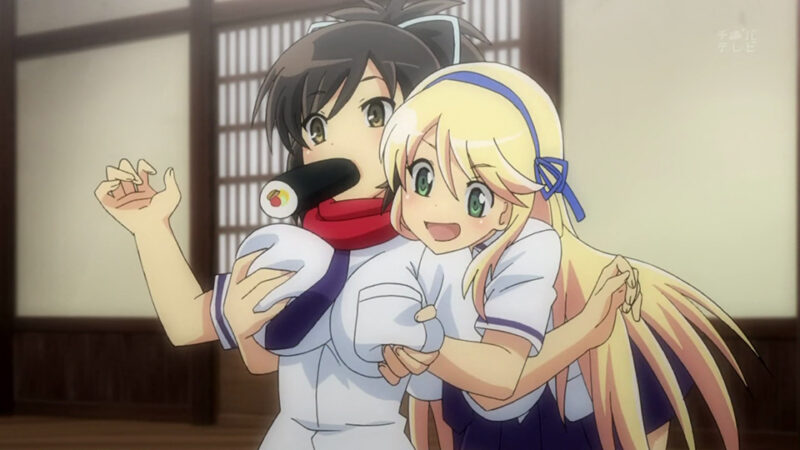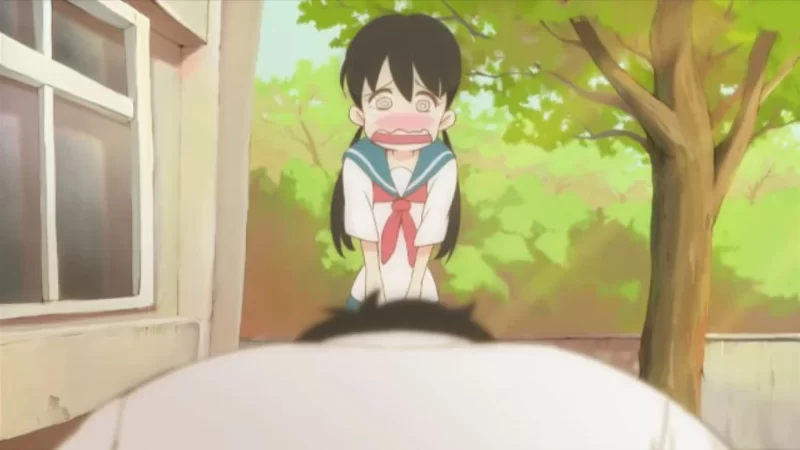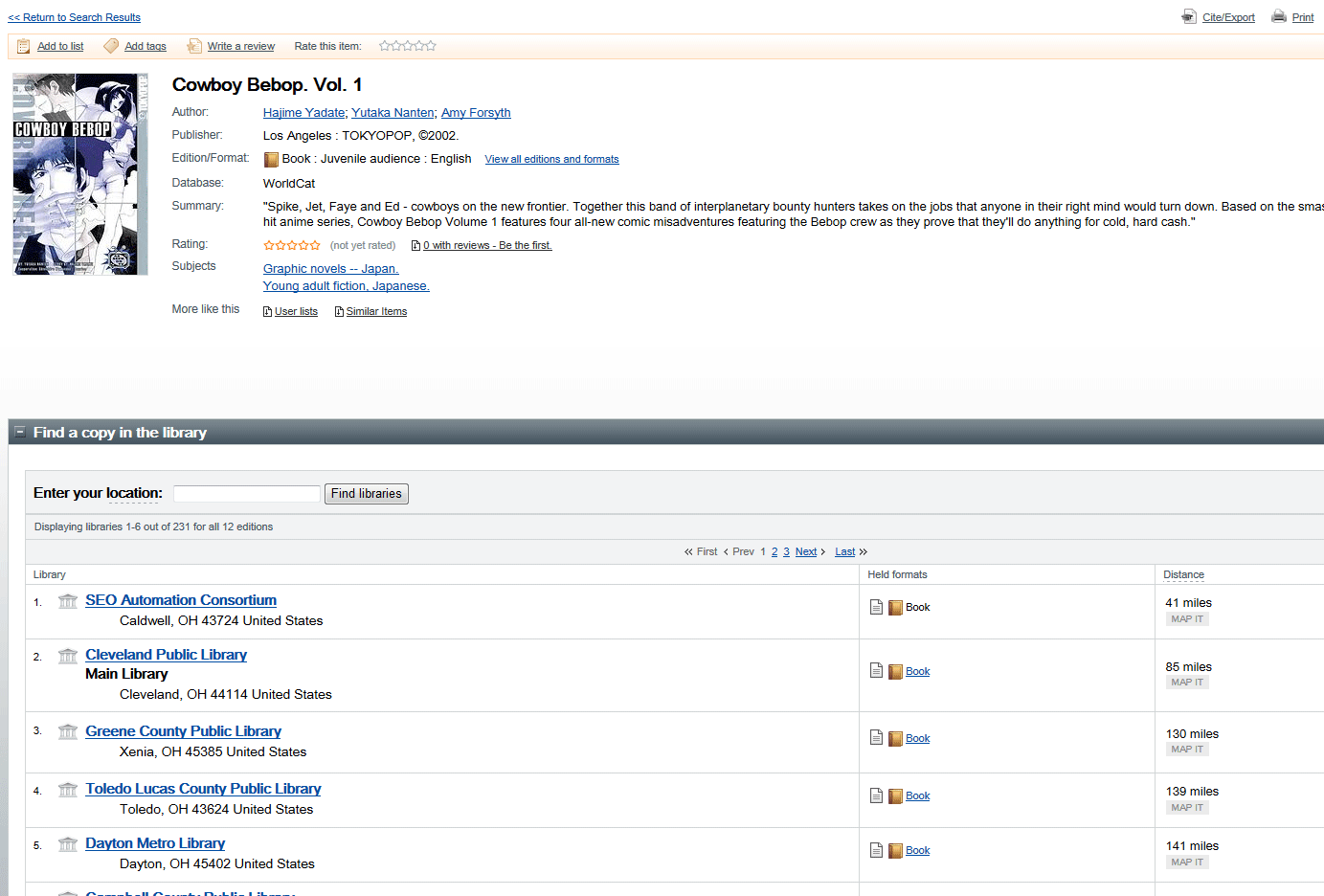A bill passed from West Virginia’s House of Delegates and to the state’s Senate. The bill removes protections from public libraries, schools, and museums, holding librarians and curators possibly liable for displaying or distributing ‘obscene matter to a minor’ when the child isn’t accompanied by a parent or guardian. Which, I must add, is the majority of the time. Public libraries are often a free babysitting service. Under the legislation, if it passes, librarians can be convicted of a felony, fined up to $25k, and face up to 5 years in prison. West Virginian law defines obscene matter as anything “‘an average person believes depicts or describes sexually explicit conduct,” including nudity, sex or certain bodily functions'” (Alfonseca, 2024). That definition has a lot of problems because it isn’t like the average population has voted on what is sexually explicit. For some people, sexually explicit spans a broad range, including swimsuits. The bill also defines obscene as “anything a reasonable person would find lacks serious literary, artistic, political or scientific value,” which is a subjective definition, starting with the word “reasonable.”
As the news articles I reference note, librarians can’t know if a book contains “obscene” material; it’s impossible to read everything in a collection. What’s more, “display and distribute” is also vague. Does that mean the book merely sits on the shelf in the adult section? Harlequin romances would certainly fall under that provision if so. Proponents of the bill state the legislation doesn’t ban or prohibit adults from accessing the materials, but that would depend on what “display and distribute” means. Further, the bill steals the right of parents to regulate what their children read. The state basically steps in as the parent. Of course, this potential law only applies for minors who don’t have a parent with them, which again, is the norm.
Manga and anime will fall prey to the bill if it become law. Manga already receives many challenges from patrons because of manga’s sexuality. Most libraries, even though they aren’t supposed to do so, filter what they purchase to reduce challenges. Japan has fewer problems with nudity and sexuality than American culture does, at least with content aimed at minors. Because manga targets teens, if the bill becomes law, most titles will fall into the net. Manga would violate the literary, artistic, and so on merits in the eyes of those who don’t appreciate its ability to tell stories. Anime and movies might also fall into the net. A display for Game of Thrones, while intended for adults, could be seen and picked up by a minor. Most libraries currently don’t limit access. A child can checkout Game of Thrones or High School DxD, which would be distribution of ‘obscene’ material to a minor.

Libraries have few options, none of them ideal. First, they could leverage the parental part of the law and forbid minors from checking out materials without a parent present. Second, manga would have to be moved out of teen areas and into adult areas, but teens couldn’t check out manga without parental permission–perhaps through a signed form. Third, librarians would have to beware what materials they display, including new titles. Fourth and finally, librarians could take a stand against the legislation. However, while this would garner attention, it would end careers and still fail to help the situation should the government stick to its stance. Public libraries historically have enjoyed the favor of the public, but in recent years that good will has come under fire in many areas because of cultural clashes and the declining relevance of libraries for people. Streaming and eBook services like Kindle Unlimited have cut into the services libraries traditionally offered. As libraries move toward becoming social centers, they can become a battleground for the culture battle that shakes the US. We sit in a transition period in history as the older generations lose their grip on power. The process usually hurts institutions like libraries and schools because of the change in knowledge they represent to the old generation. Bills like the one in West Virginia link to this reluctance of the older generation to accept the fading of their power and perspectives. The current “progressive” generation will, in several decades, sit in the same position and show the same reluctance. And so history’s wheel grinds onward.

In the short term, libraries will face many challenges to their survival and flourishing, not only from bills like this one but from shifts in technology and perspectives. AI will further damage libraries as sources for information. Librarians won’t be seen as necessary outside of academia and medical fields. Nice to have, but not necessary. There’s evidence that the younger generations, such as Z, are becoming more conservative in regards to sexual depictions. They are more accepting of different sexual views, but they are exhausted by the overt sexuality of American culture. It’s possible bills like West Virginia’s may come out of this exhaustion as Z grows into late adulthood. My generation, the Millennials, by that time will be on our way out as a generation–dying and retiring, however reluctantly we will do that. So history’s wheel will turn again.
West Virginia’s bill may not become law, but these challenges will continue to hit libraries, followed by funding challenges as the culture wars continue with the generation shift. Not all libraries will survive the changes, but libraries will remain if in a diminished role. Manga and anime will likely get caught in the crush in the short term. I may seem pessimistic; I’ve found it best to expect and consider the worst outcome while hoping for the better. I hope that people will realize the value of information literacy–mediated by librarians and other academics–especially as misinformation becomes more prevalent, but with bills like West Virginia’s, in the short term, misinformation and limited information will remain a problem.
References
Alfonseca, Kiara (2024) Librarians could be criminally charged over ‘obscene’ books in West Virginia bill. ABC News. https://abcnews.go.com/US/librarians-criminally-persecuted-obscene-books-west-virginia-bill/story?id=107366000
Chernikoff, Sara (2024) West Virginia bill allowing librarians to be prosecuted over ‘obscene’ books moves forward. USA TODAY .https://www.usatoday.com/story/news/nation/2024/02/20/west-virginia-bill-librarians-prosecution-obscene-books/72676202007/





I see shades of Supreme Court Justice Potter Stewart’s 1964 statement regarding obscenity, “I know it when I see it.”
My dad was a physician, so I grew up in a household with access to medical books. I still have his Gray’s and Morris & Schaeffer anatomies. Were they “obscenity” for a curious 7-year old? A teenager? What about the copy of Alex Comfort’s, “The Joy of Sex”?
Sandwiched between the opposing political and ideological dysfunctions of indulgent virtue-signalling and religious fundamentalism, “conservatism” in this region is mostly seen in a libertarian context. So there’s sufficient outrage at the morality-policing of both cancel-culture and pious censorship to render banning media an unpopular axe. To what extent the pendulum swings is always a little difficult to predict. But such excursions nearly always seem to result in public backlash as soon as people realize the messes they create.
While I suspect a swing toward censorship as a backlash, I’m uncertain if it will happen. The problem with morality-policing sits on the question “whose morality?” Everyone believes their morality is the best path–otherwise, they wouldn’t hold that morality in the first place. Authoritarianism becomes appealing when its your “team’s” morality that’s being forced, but authoritarians rage when a morality they disagree with is enforced on them. “Do to others as you want done to you” is forgotten on such moral crusades.